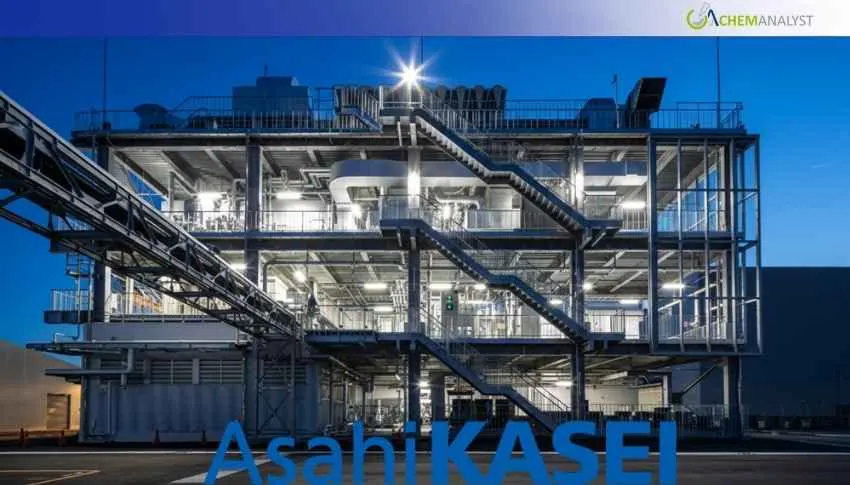Welcome To ChemAnalyst

Asahi Kasei will double PIMEL™ PSPI production by 2030, investing ¥16 billion to meet semiconductor demand and strengthen global supply resilience.
Asahi Kasei, a diversified global manufacturer, has announced plans to significantly increase production capacity for its PIMEL™ photosensitive polyimide (PSPI) at its Fuji City facility in Shizuoka Prefecture, Japan. PSPI is a highly specialized material widely utilized in the electronics industry, primarily for buffer coatings and passivation layers in semiconductor devices. By committing to double its production capacity by 2030, the company is reinforcing its ambition to expand its Electronics business and further establish itself as a leading global supplier to the semiconductor industry.
The decision comes at a pivotal time when the semiconductor industry is entering a new growth cycle. According to consulting firm Alvarez & Marsal, the global semiconductor market is projected to surpass US$1 trillion in revenue by the mid-2030s. Within this context, demand for next-generation semiconductor interlayer insulation is expected to rise at an average annual growth rate of around 8%. To address this accelerating demand, Asahi Kasei completed construction of a new PSPI production plant in Fuji City in December 2024. Building on that milestone, the company has now committed to doubling production capacity at the same site by 2030, with an estimated investment of ¥16 billion. This expansion aims not only to meet rising global demand but also to strengthen the supply resilience of critical semiconductor materials.
PIMEL™ plays a vital role in modern semiconductor manufacturing. It is widely adopted for buffer coatings that improve adhesion between semiconductor materials and provide protective barriers, safeguarding delicate devices from mechanical stress and contamination during chip assembly. Additionally, PIMEL™ is crucial in passivation layers used for bumping processes, protecting semiconductor surfaces against damage and oxidation. The material also supports redistribution layers (RDL), which optimize electrical pathways and enable high-density circuit designs, a key requirement for advanced package integration. These versatile applications make PIMEL™ an essential material in the global semiconductor supply chain and a crucial enabler for innovations such as generative AI.
Highlighting the significance of this investment, Nobuko Uetake, Senior Executive Officer of Asahi Kasei and a leader in its electronics materials division, stated that the rapid expansion of technologies such as generative AI is fueling unprecedented demand for materials like PIMEL™. She emphasized that the expansion will enhance Asahi Kasei’s ability to serve as a reliable partner to semiconductor manufacturers worldwide while supporting the company’s strategy to capture growth in high-impact industries.
The electronics business has been positioned in Asahi Kasei’s “First Priority” category, underscoring its importance to the company’s future growth strategy. PIMEL™ has long been recognized as a critical material, with Asahi Kasei receiving the TSMC Excellent Performance Award in 2024 for its outstanding technology collaboration and production support in advanced packaging.
In April 2025, Asahi Kasei also announced its new medium-term management plan, “Trailblaze Together.” This roadmap builds upon the company’s ongoing structural transformation, with a focus on carefully selected investments in strategic growth areas. Through initiatives like the PSPI capacity expansion, Asahi Kasei aims to maximize profitability and company value as it looks ahead to 2030 and beyond.
We use cookies to deliver the best possible experience on our website. To learn more, visit our Privacy Policy. By continuing to use this site or by closing this box, you consent to our use of cookies. More info.
